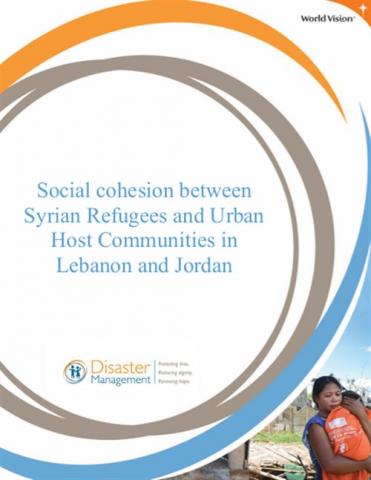Social cohesion between Syrian Refugees and Urban Host Communities in Lebanon and Jordan

The Social Cohesion project – an action-research project commissioned by World Vision, explores the causes and consequences of tensions between refugees and host communities to propose better short and longer term solutions for humanitarian and development programming in the Middle East region and other similar contexts.
This literature review clearly demonstrates that social cohesion is a critical yet under-researched and under-developed area of humanitarian and development programming. With the increasing number of conflicts and the large-scale movement of refugees arising from the Syrian civil war and overall political insecurity in the Middle East, this review highlights the importance of social cohesion and also the sparsity of proven approaches, methodologies and tools to adequately address and promote social cohesion.
World Vision, 2015
Online Report
http://www.urban-response.org/resource/21419
